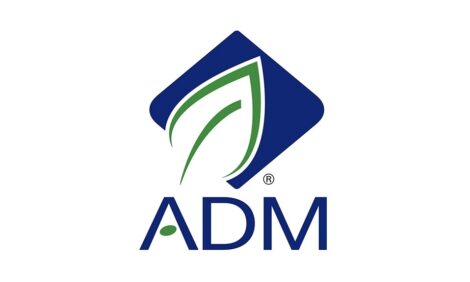



Slight increase in EU27 agri-food trade driven by strong exports of pork, wheat
Continued strong exports of EU pork and wheat helped mitigate the trade challenges of Covid-19 and Brexit in the first five months of 2020.

As a result of these challenges, the monthly values of EU27 exports and imports in May 2020 decreased by 7.5% and 4.5% respectively below the level of the previous month. However, between January and May 2020, the total value of EU27 agri-food exports rose by 2% compared to the same period in 2019, reaching €75.8 billion, while the value of imports increased to €52.7 billion (a rise of nearly 1%). The EU enjoyed an agri-food trade surplus of €23.1 billion during this period, an increase of 5% compared to the corresponding months of 2019. These are amongst the principal findings contained in the monthly trade report for January-May 2020, published by the European Commission.
The growth of EU exports was driven by exceptionally high sales of pig meat to China and of cereals to the Middle East and North Africa (MENA) region. The value of EU exports to China rose by €1.93 billion during this period. In addition to pig meat, the other EU agri-food products in high demand from China were wheat, offal meat, and infant food. Strong demand for EU barley and wheat lead to increases in exports to the MENA region, most notably to Saudi Arabia, where the value of exports grew by €464 million, as well as Morocco (up by €326 million) and Algeria (up €313 million).
The total value of EU agri-food exports to the UK fell by €899 million, with wine, spirits and liqueurs, cigars and cigarettes, fruit and vegetable preparations, cheese, and chocolate and confectionary amongst the main product categories affected during these months. Meanwhile, imports from the UK fell by €807 million; the product categories most affected were spirits and liqueurs, chocolate and confectionary, pasta and pastry.
Declines were also noted in the value of the EU’s imports from the USA (a reduction of €416 million, due largely to a drop in the EU’s intake of US soya beans), while significant falls were recorded in EU export values (a drop of €405 million, as the USA reduced its intake of spirits and liqueurs, wine, fruit juices, pig meat, and tropical fruit). Further falls were recorded for EU exports to Hong Kong (down by €203 million), Singapore (down €202 million), and Lebanon (a decline of €143 million), while imports decreased from India (down €240 million) and Ukraine (down by €217 million).
There was a significant increase in the EU’s imports of palm oil from Indonesia and Malaysia, as well as high imports of rapeseeds and soya beans from Canada. In total, imports from Indonesia and Malaysia increased by €561 million and €300 million respectively, while a growth of €496 million was recorded in relation to Canada. There were further increases in the value of imports from Turkey (a rise of €292 million, boosted by the demand for nuts and citrus fruits, as well as fruit and vegetable preparations) and Cote d’Ivoire (up by €239 million, driven by cocoa beans).
In terms of product categories, demand from China propelled notable increases in EU exports of wheat (up by €1.49 billion) and pig meat (up €1.4 billion), while the value of coarse grains also experienced a rise (totalling €465 million). The value of EU wine exports, however, fell by €914 million, while spirits and liqueurs and raw hides and skins also declined, by €835 million and €440 million respectively.
The import values of several products rose during this period: the value of fresh and dried tropical fruit imported by the EU rose by €531 million, while rapeseed and sunflower seeds grew by €423 million and palm and palm kernel oil increased by €461 million. A notable decrease was recorded in the import value of coarse grains (a decline of €607 million), while oil cakes (a fall of €341 million) and raw tobacco (down €275 million) also declined in value.










